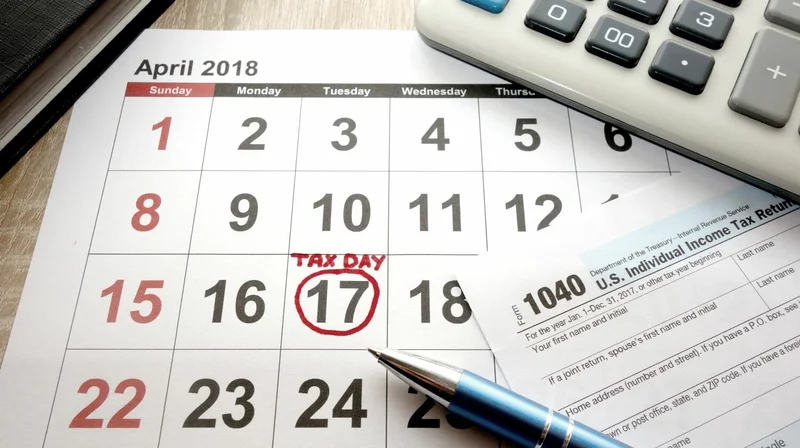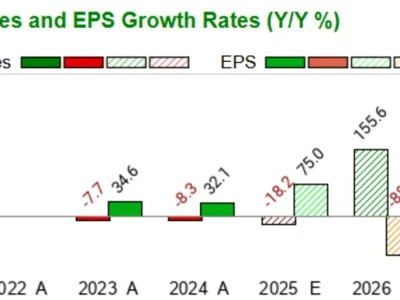The internet is buzzing with a question that feels both urgent and strangely familiar: "Are we getting another stimulus check?" Rumors of $1,702 or $2,000 payments fly across social media, preying on hope and anxiety. Scammers, like digital vultures, circle with phishing texts. Meanwhile, the official answer from the federal government is a clear and resounding "no."
But I think we're asking the wrong question.
Focusing on whether a specific check is coming in November misses the monumental, blinking-red-light issue staring us in the face. The real story isn't about a single payment. It's about the chaotic, antiquated, and profoundly broken system we use to get money to people in the first place. This entire mess—the rumors, the state-by-state patchwork of "inflation relief," the deadlines for three-year-old credits—is a symptom of a deeper technological decay.
Our system for social financial support is like an old piece of software running on a forgotten server in a dusty government basement. It’s written in a dead programming language, riddled with bugs, and secured with a rusty padlock. And we keep trying to fix it with patches.
Our Patchwork Financial OS
Look at the landscape right now. There’s no big, unifying federal program. Instead, we have this bizarre quilt of state-level initiatives. New Jersey has its ANCHOR program for property tax relief, a well-intentioned but siloed solution. New York, Pennsylvania, and others are sending out their own "inflation relief checks," each with its own eligibility rules, application portals, and timelines, leading to widespread confusion and questions like Are we getting a stimulus check in November? Track IRS refund, inflation payment, rebate. It's a decentralized, confusing mess that creates gaps for people to fall through.
This is the very definition of a system that wasn’t designed; it just… accreted. It grew in layers over decades, like digital sediment.
Into this chaos, we see politicians attempting to apply futuristic-sounding skins to the same old machine. Senator Josh Hawley's "American Worker Rebate Act" is one such patch. President Trump’s talk of a "tariff rebate" or a "DOGE dividend" is another. When I first heard the term "DOGE dividend," I honestly had to laugh—not because the idea of giving money back to people is silly, but because naming it after a Musk-inspired "Department of Government Efficiency" is the perfect metaphor for our predicament. It's an attempt to bolt a sleek, sci-fi interface onto a steam-powered engine.
The core problem remains. Why, in an age where I can send money across the globe in seconds from the phone in my pocket, does the IRS tell us to wait up to 21 days for a direct deposit and six to eight weeks for a paper check? This is a system that still operates on the logic of the 1970s postal service—it’s a staggering gap between the technological reality of our daily lives and the creaking machinery of our civic infrastructure.

A System Upgrade We Desperately Need
So, let's stop asking if a check is coming and start asking a much more powerful question: What would a truly 21st-century system for direct citizen support look like?
Imagine this for a moment. A single, secure, voluntary digital identity managed by you, the citizen. A system where the government doesn't have to "find" you to send you a tax refund or a relief payment. It knows where to send it because you’ve provided a secure, verified digital wallet. Aid could be distributed not in weeks, but in minutes. Scams would plummet because payments would be tied to a verified identity, not a random text message link.
This isn't science fiction. The technology for this exists right now. We use it for banking, for investing, for nearly everything else. Building a "Government-as-a-Platform" is the real paradigm shift we should be talking about. This is a system designed for resilience, speed, and dignity.
This is fundamentally different from a stimulus check or a rebate. A stimulus check—in simpler terms, it's a direct injection of cash designed to get people spending and jolt the economy. A rebate, on the other hand, is a refund, a partial return of money you've already spent, like on taxes or tariffs. But both concepts are currently being executed by a system that’s as inefficient as sending mail by horseback in the age of the telegraph. A modernized platform wouldn't just make the process faster; it would change the very nature of the government's relationship with its citizens from a slow, bureaucratic transaction to an instantaneous, supportive one.
Of course, we have to be thoughtful. A technological leap like this carries immense responsibility. We must ensure that such a system is built with privacy at its core and that it includes robust, human-centric off-ramps for those who aren't digitally connected. Innovation cannot come at the cost of exclusion.
But the current system is already failing on that front. The confusion, the missed deadlines for old stimulus money that is now permanently lost to the Treasury, the people who fall prey to scams—that is the true cost of our technological stagnation.
It's Time for a System Upgrade
We’re stuck in a loop, endlessly debating the merits of another patch for a system that is fundamentally obsolete. The frantic searching for news about a fourth stimulus check isn't just about money; it’s a cry for a system that is responsive, reliable, and trustworthy.
We have the brightest minds in the world building tools that can deliver groceries to our door in an hour and connect us with anyone on the planet. It is an absolute failure of imagination and will that we accept a civic financial infrastructure that operates on the timescale of a bygone era. The problem isn't the check; it's the machine that delivers it. And it’s long past time we built a new one.

